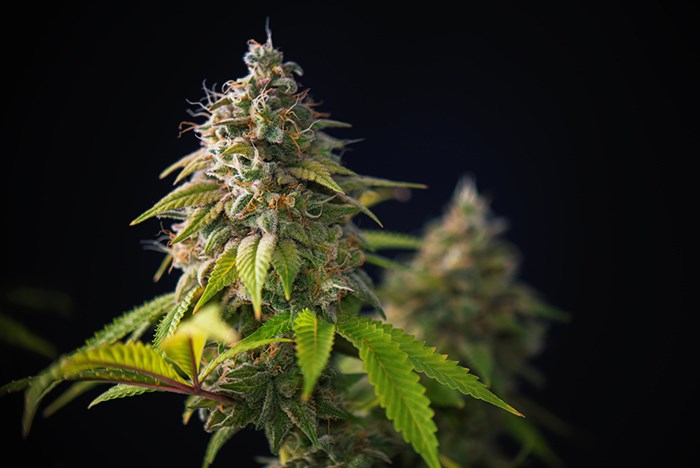The Burnaby school district’s continuing education department doesn’t offer a course on how to grow marijuana plants at home, but such a class wouldn’t necessarily be out of the question, according to Karen Flynn, the person in charge of the district’s horticulture program.
The first step would be finding a qualified instructor, she said.
“If somebody came to me with real practical experience, not just growing it in their basement, I’d consider it,” she told the NOW.
Under the new recreational cannabis legislation passed in October, adults are allowed to cultivate four marijuana plants at home.
For newcomers to the art, though, it won’t be easy, since there’s no legal way to buy seedlings.
B.C. Cannabis Stores, the sole distributor of non-medical cannabis for the province, only sells seeds.
Flynn said no personal marijuana growing class is currently in the works at the district, but people often approach the community and continuing education department offering to teach general interest courses on different topics.
If they have the right qualifications, their pitch is considered, she said.
For personal cannabis cultivation, the next step would be getting the school board on side.
“I don’t know if I could spin it past the trustees to tell you the truth,” Flynn said.
As for commercial courses or programs that could get local horticulture students a leg up in the rapidly expanding recreational cannabis industry, Flynn said she and others in continuing education around the province have tossed the idea around but have ended up taking a wait-and-see approach.
One practical obstacle to offering such a course in Burnaby, according to Flynn, is that the district simply doesn’t have any place to grow the stuff – and horticultural students need hands-on experience, not just theory.
Then there’s the outlook for the recreational cannabis industry. Flynn expects a few giant producers to dominate the market with “miles of greenhouses.”
Demand for workers at such facilities may be high, but pay for greenhouse work is traditionally low, according to Flynn.
That’s one of the reasons Burnaby has always opted out of offering a nursery production program.
The district’s most successful horticultural programs, meanwhile, its residential landscape technician and landscape horticulturist apprenticeship programs, qualify students for better-paying, in-demand jobs and set them up for starting their own businesses, according to Flynn.
“That’s why our courses are so well received,” she said.
Flynn admits she might end up being wrong about how the cannabis industry takes shape but, for now, the district has no plans to jump in.
“I’d like to see what happens first,” she said.
— Cornelia Naylor, Burnaby Now



